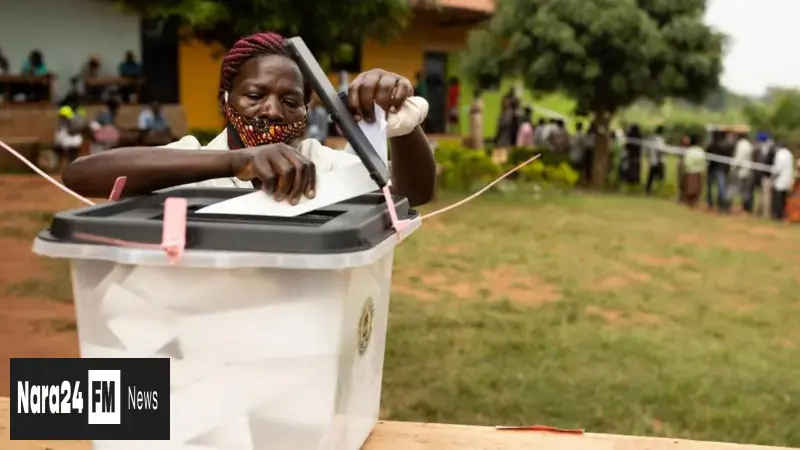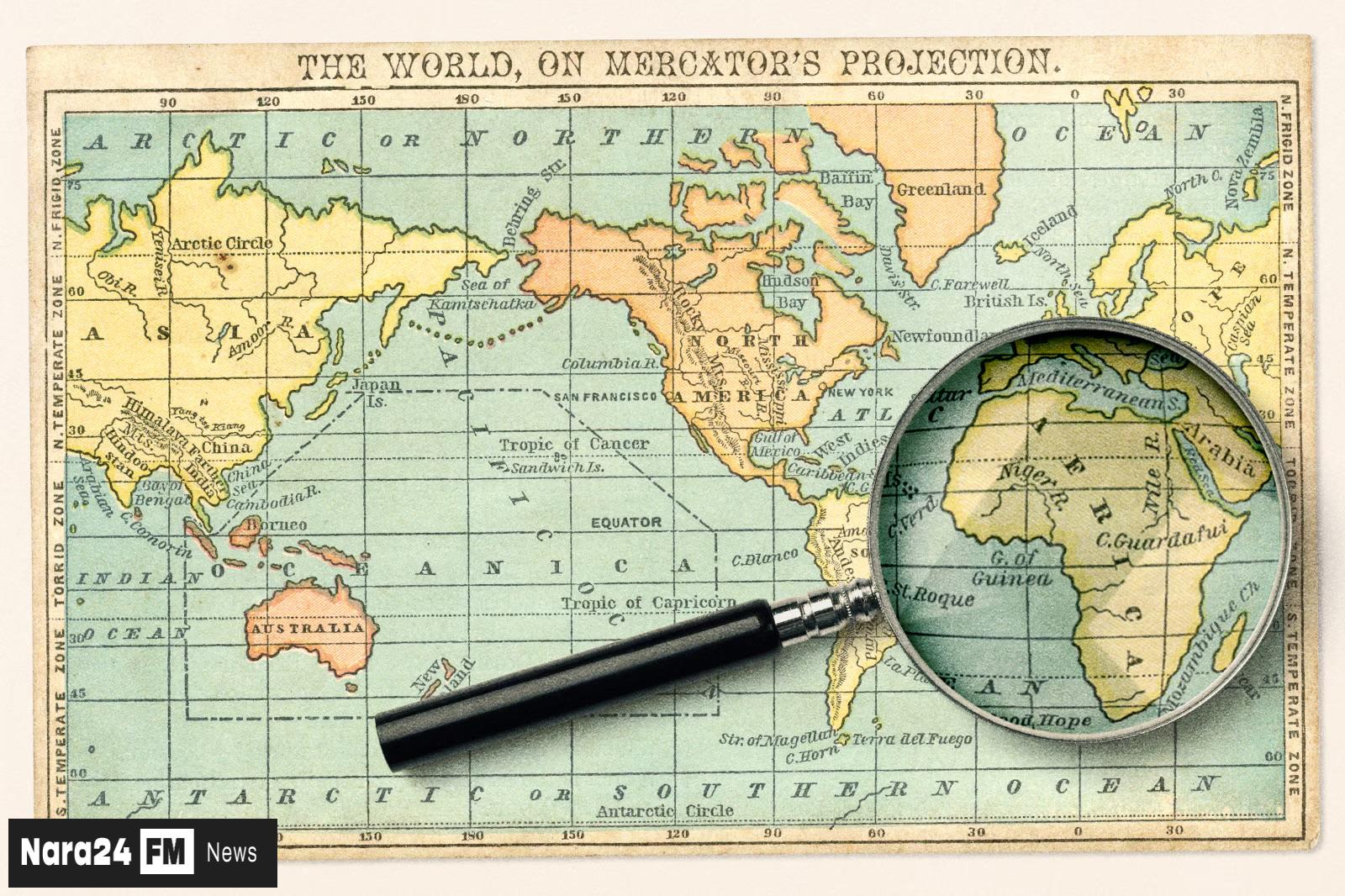Kampala Central representative Al-Hajji Muhammad Nsereko has officially declared his candidacy for Uganda's 2026 presidential election, ending months of political speculation. The 44-year-old legislator unveiled his new political vehicle—the Ecological Party of Uganda—through social media channels, sharing promotional materials confirming his bid for the nation's highest office.
A New Political Direction
The announcement marks a significant pivot for Nsereko, who previously served three consecutive terms in parliament under the National Resistance Movement banner since 2011. Earlier this year, the lawyer-turned-politician revealed he would not seek re-election for his Kampala seat, signaling broader political ambitions. His newly formed Ecological Party represents a departure from Uganda's established political organizations.
"Thank you, Ecological Party of Uganda. We shall soon roll out our mass recruitment drive," Nsereko stated in his online declaration. "We promise to make this party the largest and most progressive non-violent and non-sectarian organization in the country." The party's name suggests an emphasis on environmental policy, though detailed platforms remain forthcoming.
Political Landscape Shifts
The move positions Nsereko among the growing list of challengers to the long-standing administration. Political analysts note his departure from NRM follows a pattern of established figures testing alternative paths to power. The Ecological Party's success will depend on its ability to attract members during the upcoming registration campaign, which Nsereko indicated would commence shortly.
Public reaction to the announcement has been divided across social platforms. Supporters applaud the entry of a new political option with environmental priorities, while skeptics question the viability of emerging parties against Uganda's dominant political machinery. The mixed response reflects the polarized nature of Uganda's political discourse as the country approaches the next electoral cycle.
Background and Prospects
Nsereko brings professional legal expertise and legislative experience to his presidential campaign. His tenure as Kampala Central representative saw involvement in numerous parliamentary committees and constituency development initiatives. The decision to forgo another parliamentary term demonstrates his commitment to national rather than local leadership aspirations.
With nearly two years until the elections, the Ecological Party faces substantial organizational challenges. Building nationwide structures, establishing policy positions, and differentiating itself from established opposition coalitions will prove critical to its viability. Observers will monitor how the party's environmental focus resonates with voters amidst Uganda's development priorities.
The emergence of this new political entity adds complexity to Uganda's electoral landscape. As recruitment efforts begin, Nsereko's ability to transform his parliamentary profile into credible presidential contention will become clearer, potentially reshaping political alliances ahead of the 2026 contest.









Comments (0)
Leave a Comment
Be the first to comment on this article!